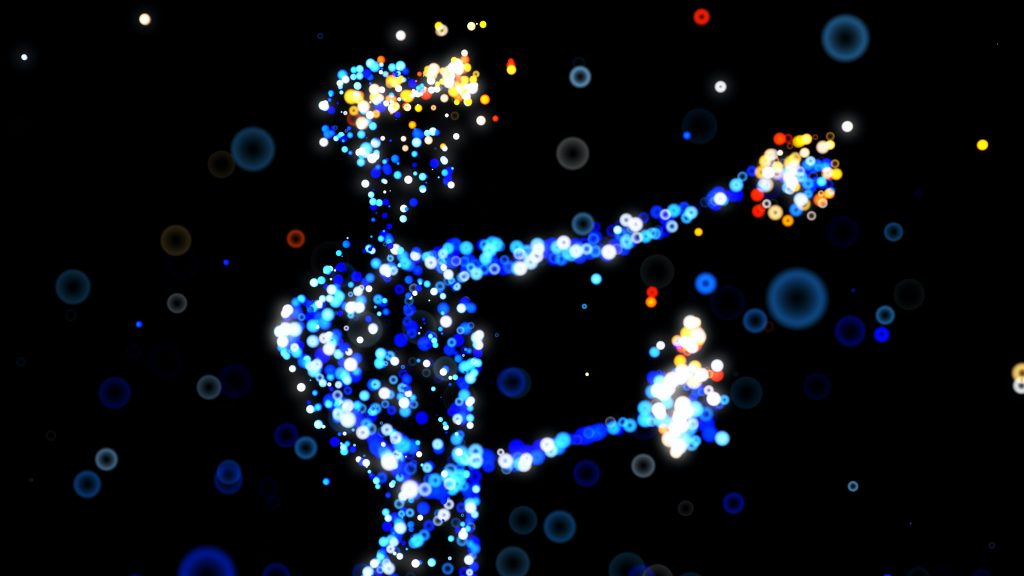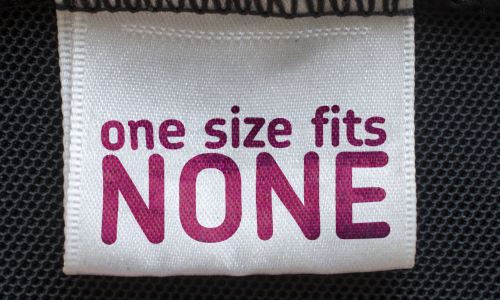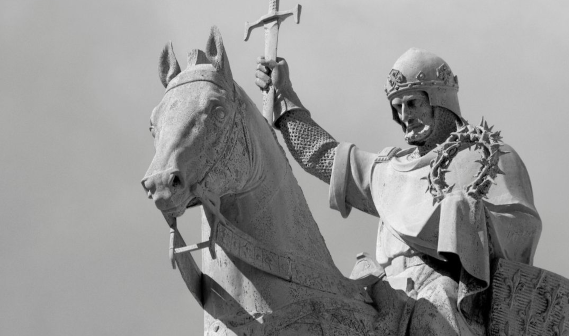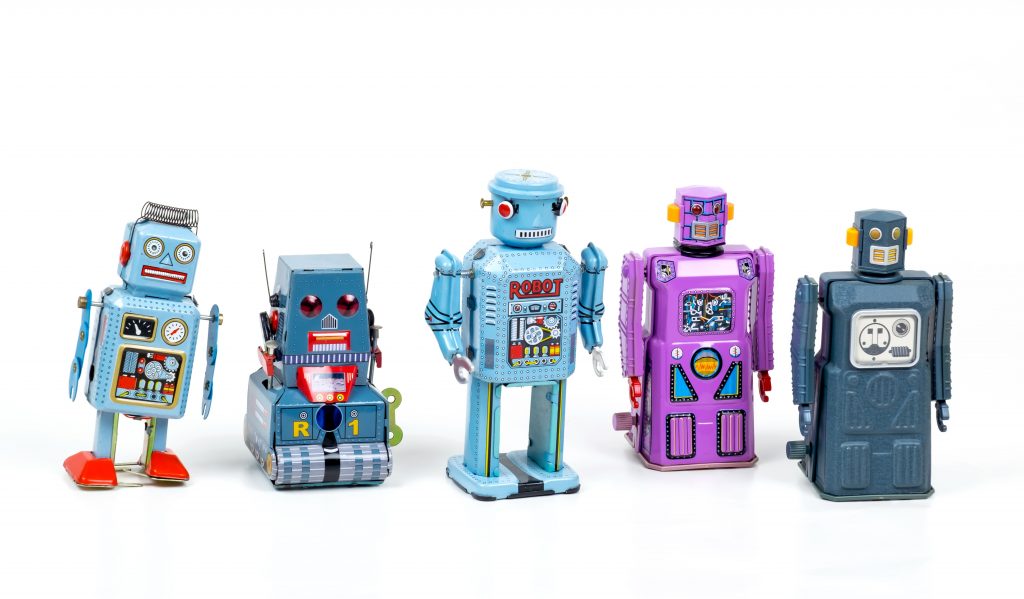Team development for a distributed and digital world – how to use the new ways of working to develop your people.
My belief is that as a leader, the work of developing your people is most powerful when it is designed into the work.
And given work is now distributed, digital and dynamic you have the opportunity to create new development opportunities for your people, to build capabilities within the new digital dynamic for a new future of work.
And I’m not talking about another Zoom workshop – I’m talking about utilising the new rhythms, rituals and routines of your team to ignite collective growth and team transformation. Take some of the frustrations of this change and turn them into development opportunities. This is the time to create a team that is equipped and thriving in this new world of work.
Here’s a couple of ideas to get you started:
- Develop your other senses:
one of the capabilities, I believe you can never master, is the art of listening. Deeply. Intently. Without bias and assumption. This new digital world order is a great playground to help your people build this skill. Who is the person that is the communicator of the group, the ideas person, the driver, the ‘make it happen’ person? They typically get feedback that they need to listen to others and learn from different perspectives, In the next team meeting, brief them beforehand to be the listener. Video off, earphones in, eyes closed. Make their role known to the group. Their job is just to listen – to the words used, to the emotion in voices, to the ideas not heard. They are to summarise what they heard in the meeting and reflect on what could be done in the next meeting to make sure everyone is heard. Share this role around – watch your people build this muscle and see how it transforms the collective dynamic of the group. - Change up the roles:
teams that have worked together for a while typically get into a groove – everyone knows their roles. There is the ideas person, the listener, the provocateur, the action taker, the time keeper – the list goes on. Before starting the conversation on a topic (typically a problem to solve or ideation session), everyone must choose a role, opposite to the one they usually hold. The action taker becomes the listener, the ideator – the pattern maker/synthesiser of the group’s ideas, the time keeper the question asker. You might like to check in throughout the meeting by calling time and checking in about whether people are keeping to their roles. 10 minutes before the meeting ask people to check in with themselves about how it felt to take another role, what they thought happened to the team dynamic with the change up and share these reflections in the check out. I always make sure there is a listener, pattern maker, questioner and facilitator in the group – they are strong roles for people to develop and generally they have a bias for one and can strengthen the others. - Design for development:
kick off the quarter with a development goal for each person – determined by the individual – possibility with a little nudge from you. It should be a capability they want to strengthen, develop or combat. Share this amongst the group at the beginning of the quarter. Use the check in for your regular meetings as a point of reflection for each person on what they have done and learnt in respect to their development goal. This creates momentum and ensures each individual continues to stretch themselves. Encourage the team to create opportunities for each other to develop by designing these opportunities into the work – what they are creating, how they are interacting with others, what they are delivering. Make the design of the work intentional to build on this development opportunity. - Create open feedback loops:
create a dynamic of open, peer feedback. This helps you as the leader as you can’t see the dynamic in the team every day and the interpersonal challenges that may be arising. It also helps you remove yourself as referee and establish yourself as coach of the distributed team. I have a strengths based approach to build this dynamic in teams which I am happy to share if you are interested. Please reach out if you would like my facilitation guide for this activity. - Work on your dynamic:
this is a little more advanced but incredibly powerful. This is essentially taking the fishbowl methodology online. It helps build the skills of your people to be in the content (what) of the conversation whilst starting to become conscious of the team dynamic (how) and build the muscle of changing this dynamic through their contribution. You divide the team in two and each team will have a different role in the conversation – either observer or contributor. You use this dynamic to explore topics or ideas and generate feedback on the team dynamic. It requires some skill in facilitating it, and requires that you have started to build on the other skills outlined above, but I am happy to share my facilitation outline for this activity if it interests you.
Using the current context to design development into the work is a great way to build collective competency for the future, continue to build on your team dynamic and unlock the exponential potential of your team members for a very different future of work.
I love helping teams create developmental dynamics and supporting leaders to use the work and their context as the framework for growth and collective transformation. If you want to know more, would like access to some of my resources, or would like a team coach to help you build a new developmental dynamic for a digital world, please get in touch.
About Peta:
Peta Karunaratne is an in-demand executive coach, HR innovation consultant and leadership development and team development facilitator who works with her clients across Australia, the UK, North America and New Zealand to build future-focussed collective leadership capabilities.
She is driven by her own purpose of helping people and organisations transform so that they can transform their lives, and the lives of the people they serve.
Her work sits at the intersection of human resources, strategy development and organisational transformation. She has delivered large-scale programs for ASX and FTSE 100 companies across the globe including SilverChef, Suncorp, Optus, Thiess and AMEC Foster Wheeler.
Peta has a talent for helping people, teams, leaders and organisations to thrive and realise new, more effective ways of working together to deliver commercial outcomes and positive impact.
The Karuna Collective approach was crafted from Peta’s experience as an executive leading complex organisational structures focussed on profit and purpose; where traditional models of change management, leadership and innovation were unable to achieve the transformational impact desired.
A renowned change-maker and purpose-driven leader, Peta has been the recipient of awards for her work including ‘Best for the World for Workers’ in the global B Corporation Awards in 2018 and 2019; and a finalist in the CEO Magazine’s HR Director of the Year awards in 2019.






